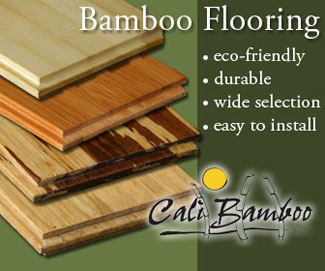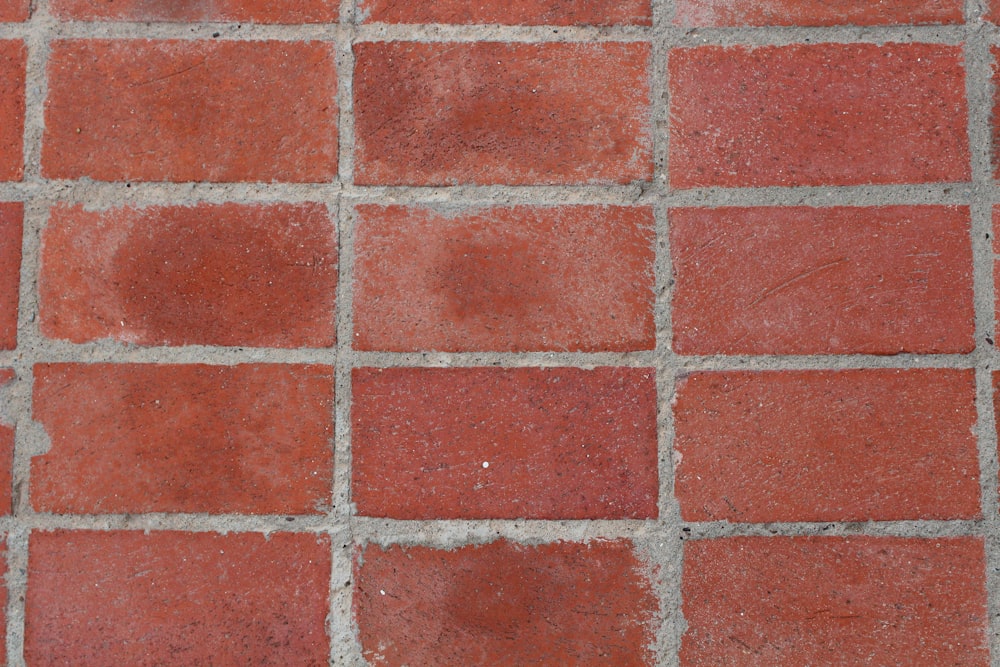Eco-Friendly Flooring Sustainable Choices
Exploring the World of Sustainable Flooring Choices
Sustainable flooring choices offer environmentally conscious consumers a plethora of options for enhancing their living spaces while minimizing their ecological footprint. From renewable materials to eco-friendly production processes, these flooring options prioritize sustainability without sacrificing style or performance. Let’s delve into the realm of sustainable flooring choices and discover how they can transform your home into an eco-friendly haven.
Embracing Renewable Materials
One of the hallmarks of sustainable flooring is the use of renewable materials such as bamboo, cork, and reclaimed wood. These materials are harvested from rapidly replenishing sources or repurposed from existing materials, reducing the demand for virgin resources and minimizing environmental impact. Bamboo, for example, is known for its rapid growth and regenerative properties, making it an excellent choice for eco-conscious consumers seeking durable and sustainable flooring options.
Opting for Recycled Content
Recycled content flooring offers a second life to materials that would otherwise end up in landfills, helping to close the loop on waste and promote a circular economy. Recycled glass tiles, for instance, are made from post-consumer and post-industrial glass waste, diverting tons of glass from disposal sites and reducing the need for raw materials. By choosing recycled content flooring, homeowners can support sustainable manufacturing practices while adding a unique and eco-friendly touch to their interiors.
Exploring Low-VOC Options
Volatile organic compounds (VOCs) are chemicals emitted from certain flooring materials and adhesives, which can contribute to indoor air pollution and negatively impact indoor air quality. Sustainable flooring choices often prioritize low-VOC or zero-VOC options, reducing off-gassing and creating healthier indoor environments for occupants. Flooring materials such as linoleum, natural stone, and cork are known for their low emissions and minimal environmental impact, making them ideal choices for eco-conscious homeowners.
Investing in Durable Solutions
Durability is a key consideration in sustainable flooring choices, as longer-lasting materials require fewer replacements and reduce overall resource consumption. Materials like porcelain tile, concrete, and engineered hardwood are renowned for their durability and longevity, standing up to heavy foot traffic and everyday wear and tear with ease. By investing in durable flooring solutions, homeowners can reduce maintenance costs, minimize waste, and enjoy beautiful and sustainable floors for years to come.
Prioritizing Eco-Friendly Production
In addition to the materials themselves, sustainable flooring choices also consider the environmental impact of the production process. Manufacturers that prioritize eco-friendly production methods, such as energy-efficient manufacturing processes, water conservation measures, and waste reduction initiatives, contribute to a more sustainable flooring industry overall. By supporting companies that prioritize sustainability, consumers can align their values with their purchasing decisions and promote positive change in the marketplace.
Considering End-of-Life Options
Sustainable flooring choices take into account the end-of-life options for flooring materials, ensuring that they can be recycled or repurposed at the end of their useful lifespan. Materials like carpet tiles, for example, are designed for easy removal and replacement, allowing for efficient recycling or reuse of the materials. By choosing flooring materials with end-of-life considerations in mind, homeowners can minimize waste
Eco-Friendly Flooring: Sustainable Style for Your Space

Sustainable Style: Embracing Eco-Friendly Flooring
In the realm of interior design, eco-friendly flooring stands out as a sustainable choice that combines style with environmental consciousness. Let’s explore the world of eco-friendly flooring options, their benefits, and how they contribute to creating a healthier and more sustainable living space.
Understanding Eco-Friendly Flooring: A Green Choice
Eco-friendly flooring, often synonymous with green or sustainable flooring, refers to flooring materials that are produced, installed, and maintained with a focus on minimizing environmental impact. These flooring options prioritize the use of renewable resources, recycled materials, and low-emission production processes.
Bamboo Flooring: Harnessing the Power of Renewability
Bamboo flooring is a popular choice for those seeking eco-friendly options. Bamboo is a rapidly renewable resource that matures within a few years, making it an environmentally responsible alternative to traditional hardwoods. Bamboo flooring not only offers a sleek and modern aesthetic but also contributes to the conservation of forests.
Cork Flooring: A Resilient and Renewable Option
Cork flooring is another sustainable choice known for its resilience and renewability. Harvested from the bark of cork oak trees, this flooring option allows trees to continue growing after the harvest. Cork’s natural properties provide insulation, sound absorption, and a comfortable underfoot feel, making it a versatile and eco-friendly flooring solution.
Recycled and Reclaimed Wood: Giving New Life to Old Materials
Choosing recycled or reclaimed wood flooring is a way to breathe new life into old materials. This sustainable option reduces the demand for virgin timber, minimizing deforestation. Whether it’s reclaimed barn wood or salvaged gymnasium flooring, each piece adds character and history to your space while contributing to environmental conservation.
Linoleum Flooring: Time-Tested and Renewable
Linoleum, often confused with vinyl, is a time-tested and renewable flooring material. Made from natural ingredients such as linseed oil, cork flour, and wood powder, linoleum is biodegradable and recyclable. This durable flooring option comes in a variety of colors and patterns, providing both sustainability and style.
Recycled Carpet Tiles: Sustainable Softness underfoot
For those desiring soft flooring, recycled carpet tiles offer a sustainable solution. These tiles are made from recycled materials, such as post-consumer plastic bottles or discarded carpet fibers. They provide the comfort of carpet while minimizing the environmental impact associated with traditional carpet production.
Concrete Flooring: Industrial Chic with Sustainability
Concrete flooring, once considered industrial, has gained popularity for its versatility and sustainability. When properly sealed, concrete floors can be an eco-friendly and low-maintenance option. Additionally, incorporating recycled materials like glass or aggregates into the concrete mix enhances its green credentials.
Rubber Flooring: Versatile and Repurposed
Rubber flooring, often associated with gyms and commercial spaces, has made its way into residential interiors as a sustainable option. Made from recycled rubber tires, this durable flooring choice adds a touch of resilience and comfort. It also contributes to waste reduction by repurposing materials that would otherwise end up in landfills.
Natural Stone: Timeless Elegance with Minimal Impact
Natural stone, including options like slate or limestone, offers timeless elegance with minimal environmental impact. While extraction

